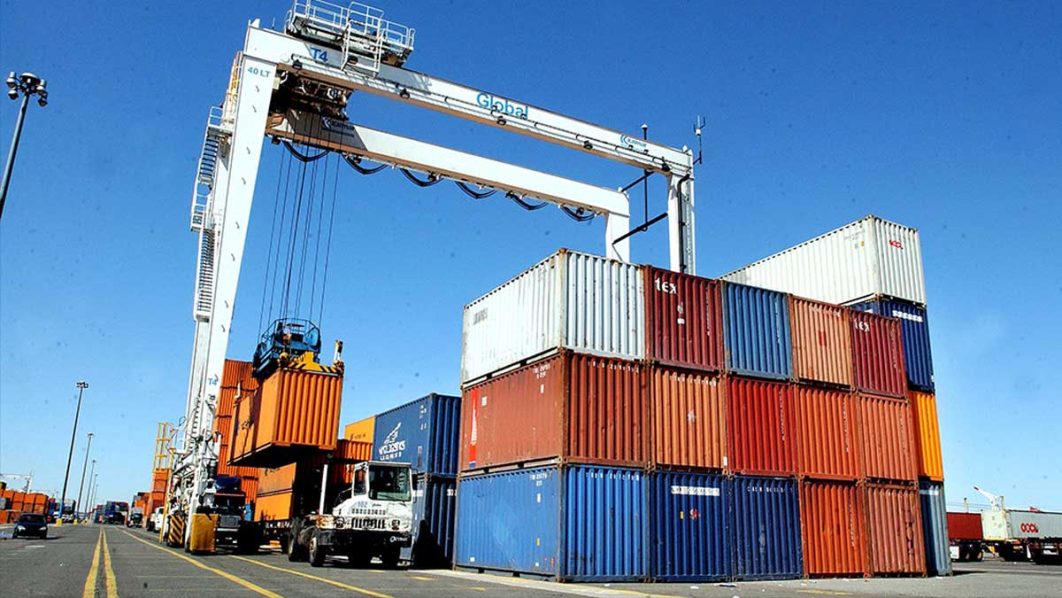
.Expert hinges manufacturing sector’s success on FX stability, liquidity
Nigeria’s total capital importation fell by 36.45 per cent and down to $654.65 million in the third quarter of 2023 from $1,030.21 million in second quarter of same year.
National Bureau of Statistics (NBS) disclosed this in its recent data on the country’s capital importation in third quarter.
Still, NBS revealed that on a year-to-year basis, the country’s capital imports in Q3 fell by 43.55 per cent compared to the corresponding quarter of 2022, which stood at $1,159.67 million.
A breakdown of the capital importation data in Q3 2023 showed that other investments ranked top, accounting for 77.56 per cent ($507.77 million), followed by portfolio investment with 13.31 per cent ($87.11 million) and Foreign Direct Investment (FDI), with 9.13 per cent ($59.77 million).
On the sector that attracted the most capital importation in the period under review, the production/manufacturing sector recorded the highest inflow with $279.51 million, representing 42.70 per cent of total capital imported in the third quarter of 2023, followed by the finance sector, valued at $127.93 million (19.54 per cent), and shares with $85.49 million (13.06 per cent).
In terms of favourite location for capital importation, Lagos state remained the top destination in the third quarter of 2023 with $308.83 million, accounting for 47.18 per cent of total capital importation, followed by Abuja (FCT) with $194.66 million (29.73 per cent) and Abia State with $150.09 million (22.93 per cent).
Capital importation during the period was spurred by the Netherlands with $175.62 million, and a 26.83 per cent share. Singapore followed with S$79.15 million (12.09 per cent) and the United States with US$67.04 million (10.24 per cent).
Also, founder of Centre for the Promotion of Private Enterprise (CPPE), Dr Muda Yusuf, said the outlook for the manufacturing sector in 2024 would depend largely on stability of the foreign exchange market.
He told the News Agency of Nigeria (NAN) in Lagos, yesterday, that it would also be on the availability of foreign exchange liquidity.
Yusuf said 2023 witnessed significant transitions, both politically and economically, accompanied by recent reforms like exchange rate unification, fuel subsidy, among others.
Both transformations, he said, offered new opportunities for economic growth and prosperity, though there were also some inherent shocks and challenges, especially around new inflationary pressures.
The CPPE boss, however, stated that there was good chance that the economic headwinds and shocks of 2024 would not be as severe as what was experienced last year.
“This is premised on a number of considerations such as the current efforts of the Central Bank of Nigeria (CBN) in clearing the foreign exchange mature obligations, removal of policy impediments to foreign exchange inflows.
“Also, the import substitution effects of domestic refining of petroleum products would have a considerable positive impact on the economic outlook for 2024.
“The efforts of government to curb the menace of oil theft and boost crude oil output would also positively impact on the outlook for foreign reserves and the stability of the exchange rate,” he said.
Yusuf stressed that challenges of insecurity, crude oil theft, rising recurrent expenditure and the social outcomes of economic reforms were potential risks to the outlook.
He said that the biggest challenge to the manufacturing sector was the huge exposure to the external sector, specifically imported raw materials.
Yusuf noted that if the CBN continued to prioritise the stabilisation of the foreign exchange market, the manufacturing sector’s outlook may improve in 2024.
Yusuf explained that the rising prospects of heightened domestic refining of petroleum products was expected to generate better backward integration and import substitution outcomes for the economy in 2024.
“The expected increase in domestic petrochemical output will hopefully ease the pressure of importation of raw materials by manufacturers.
“There are also demand side factors that could improve outlook including import substitution effects of the improved prospects of domestic refining of petroleum products.
“The prospects of growth in domestic petrochemical output would reduce import dependence by domestic manufacturing firms thus easing foreign exchange demand pressure.
“Also, the recent depreciation of the Naira exchange rate is driving an inward-looking strategy by many firms and households. This may ease foreign exchange demand in the medium to long-term,” he said.






